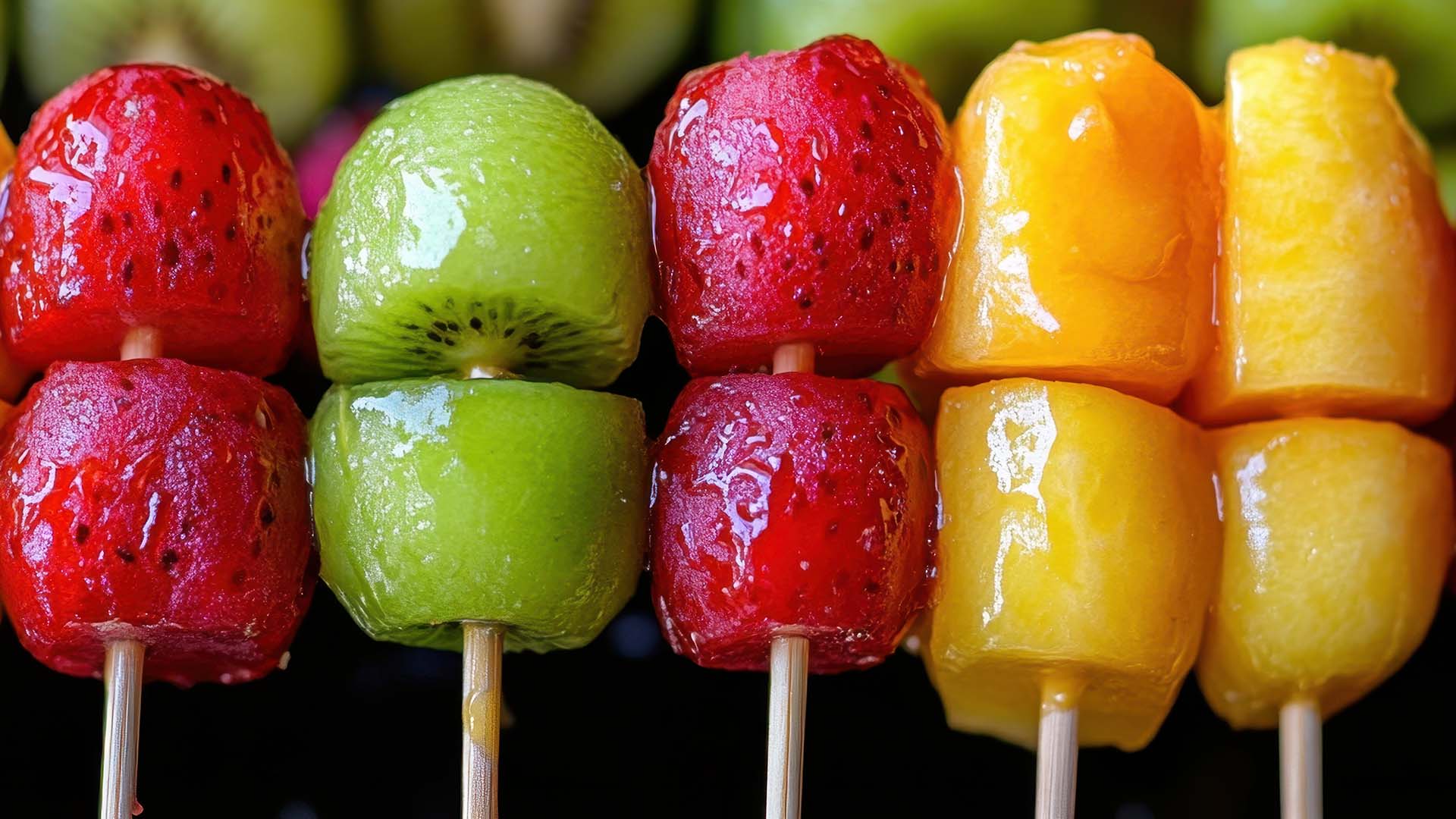Happy Father’s Day (wherever you are…)
Here’s how dads are honored around the globe, from Cancun to Kyoto.

Read an updated version of this story.
Alles Gute zum Vatertag! Hyvää isänpäivää! Trevlig farsdag! ¡Feliz Día del Padre!
“Happy Father’s Day” is a phrase recognized around the world (including Germany, Finland, Sweden and Mexico, above). And with the big day fast approaching, it seems timely to explore how a few other countries and cultures celebrate the occasion – or if they do at all.
“Remember, celebrating fatherhood is a fairly new development,” said Steve Rissman, N.D., professor of Integrative Health Care at Metropolitan State University of Denver. “If you trace the historical timeline of the human family, the concept of revering fathers – or even loving one’s children – is fairly recent.
For centuries, fathers were primarily seen as a source of financial support for the family, in much the same way that children were an economic commodity, said Rissman, who developed and teaches the course Fathers and Fathering. And some vestiges of that old thinking certainly endured into the previous century. (Younger readers may be surprised to learn that Father’s Day became a permanent U.S. national holiday only in 1972.)
But happily, things are evolving. “Most fathers play a much more active family role nowadays,” Rissman said, “and perhaps that’s why they are celebrated more warmly.” The globalization of communication and social media has also helped promote a more family-centric view of fatherhood around the world, so we asked Rissman to clue us in on how fathers are celebrated around the world. As you’ll see, not everyone has gotten the memo…
Mexico
While many Mexican fathers do indeed get gifts and treats on Dia del Padre, the occasion isn’t nearly as popular as Mother’s Day. In fact, only half of Mexican households celebrate Father’s Day at all. This is largely due to how highly revered the matriarchal figure is in Mexican society; Dad was always going to struggle to compete.
Italy
Festa del Papa is celebrated March 19. Why? Because that’s also the holy day that commemorates St. Joseph, husband of Mary and father of Jesus. By simultaneously celebrating both occasions with flowers, gifts and huge family meals, religious-minded Italians craftily manage to honor all of their fathers, literal and spiritual.
Japan
Although dwarfed by Mother’s Day (the Japanese do love their moms), Chichi no Hi is still warmly celebrated each June. Sake, sweet treats and kimonos are popular gifts. But the real way to put a smile on Dad’s face is with some deluxe gourmet food, such as wagyu – a forbiddingly expensive and treasured cut of beef.
Russia
Expect military parades. In Russia, Men’s Day (officially known as Defender of the Fatherland Day) is imbued with military pomp and a strong whiff of testosterone. Interestingly, the men don’t receive gifts from only their spouses. All the other women in their lives (siblings, neighbors, even work colleagues) are expected to pay homage. The whole occasion is geared toward underlining the traditional mythos of the powerful Russian male – see: shirtless Putin.
Norway
Since 1949, Farsdag has been recognized as an official Norwegian holiday, rousingly celebrated each November with food, family games, gifts and flowers. Nordic dads are historically much more involved with their children and more likely to share parenting roles than in many other cultures. This happy situation is helped by the country’s extremely generous paid paternity leave of up to 10 weeks. In neighboring Sweden, meanwhile, which uniquely doles out 90 paid paternity days, stay-at-home dads are known as “latte papas.”
Germany
To celebrate Vatertag each May, groups of German men set out for the day pulling along small wagons filled with beer, wine, schnapps, mixers and … well, you get the picture. And then, they drink. (The magazine Der Spiegel described the day as “men pulling wagons filled with beer … and drinking until they pass out.”) Alcohol-related traffic accidents generally triple, and most of the male population takes the following day off work to recover. You’ll notice that children don’t seem to be involved at all.
China
Chinese fathers traditionally play a disciplinary role in their children’s upbringing; there is no official Father’s Day in the People’s Republic of China, and the whole concept is almost unknown. Interestingly, the government did briefly mark the occasion during World War II, when there was a solid propaganda value in commemorating thousands of lost soldiers.







